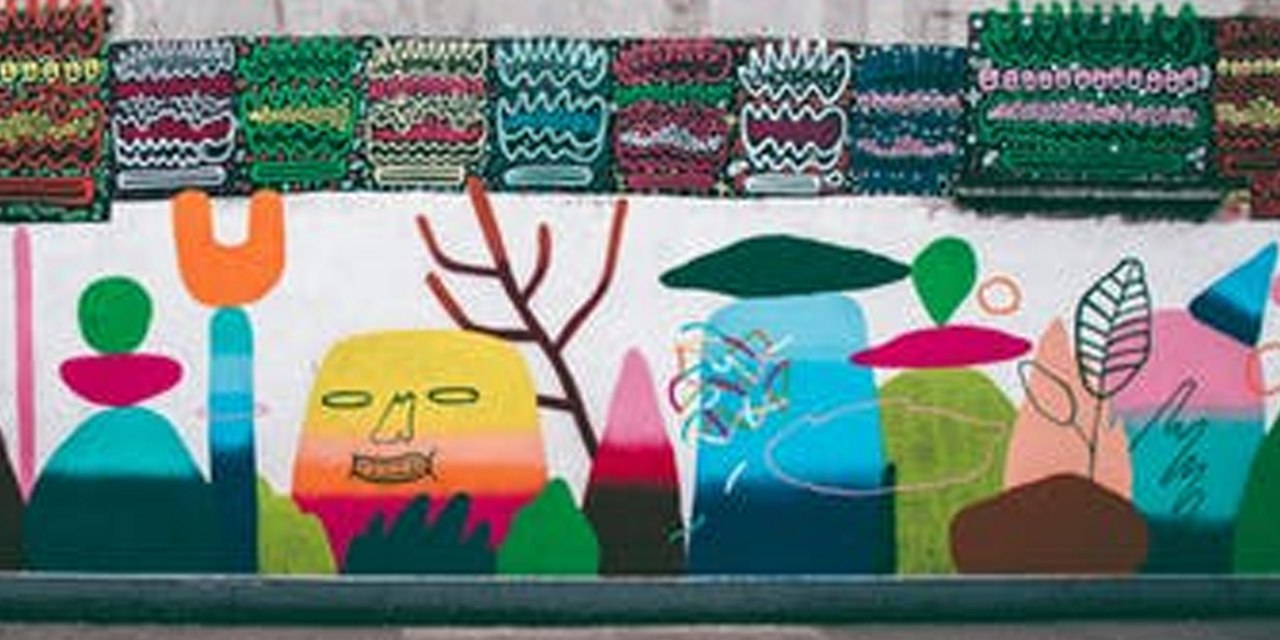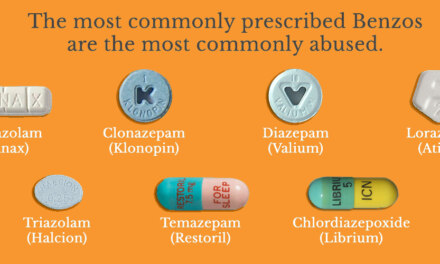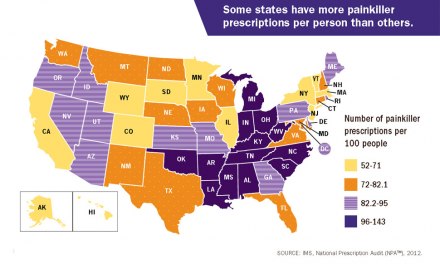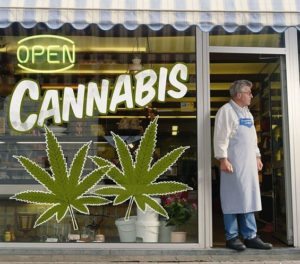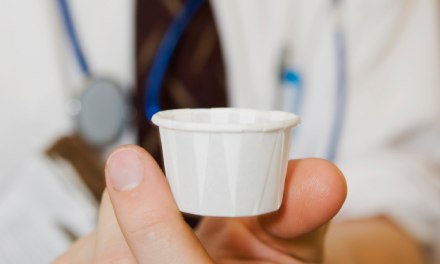I came across an interesting article on LSD use – I’ll link to it later – that explored responses from the National Survey on Drug Use and Health, a valuable source of information when it comes to how Americans are currently using various substances.
The researchers acknowledge the limitations of self-reporting, as people do tend to underestimate (or in some cases, overestimate) their own substance use. Makes it hard to draw firm conclusions. Still, the sheer size of the sample makes it valuable.
Among the findings:
- There’s been a marked increase in the number of people who report LSD use in the past year.
- The largest increase, percentage-wise, was in the 35-49 age group. It actually tripled. “I thought people would have grown out of the druggie phase by then,” someone remarked. They must have grown back into it.
- Smaller but still definite increases among other adult categories as well (even the Over 50s).
- Meanwhile, use declined among 18-25 year olds, who nonetheless continue to represent the majority.
So – what’s going on?
Turns out the bulk of the growth comes from those who are college-educated. Suddenly I understood: It’s likely because of all the favorable attention that hallucinogens have received in the popular media. Mostly for their alleged therapeutic value, as a tool for psychotherapy and emotional healing. Not just for LSD, either, but for a whole range of substances, natural and unnatural, ayahuasca to Ecstasy.
I’ve long been aware of a core group of researchers and their supporters who have never stopped arguing in favor of renewed research in a controlled scientific setting. Some of that is going on right now in other lands. They’d like to see it legal in the USA, too.
I rarely have objections to more research into something. That’s how we learn, right? Still, I can’t forget what happened in the 60’s, when synthetics like LSD escaped the lab and became a common drug of abuse. I encountered a number of the casualties in different psychiatric institutions.
I heard counter-arguments from colleagues eager to resume experiments. “It’s not the drug, it’s the user,” they argued. “Some people just shouldn’t be using LSD in the first place.” I’m sure that last part’s true, but it seemed those were the folks who most attracted to hallucinogens. How would we keep them away from these substances when they were floating around campus, or available from a guy in the alley behind the liquor store?
Once a drug hits the street, gets into circulation, it’s only a matter of time before those are the folks who wind up using it. And not in any ‘controlled, therapeutic setting’, either.
My take: I’m still fine with research conducted by ethical scientists in tightly supervised conditions. I’m not comfortable with, for instance, cultural events built around hallucinogen use. Seems pretty risky to me.
Anyway, here’s the article I referenced earlier. Worth a read:

